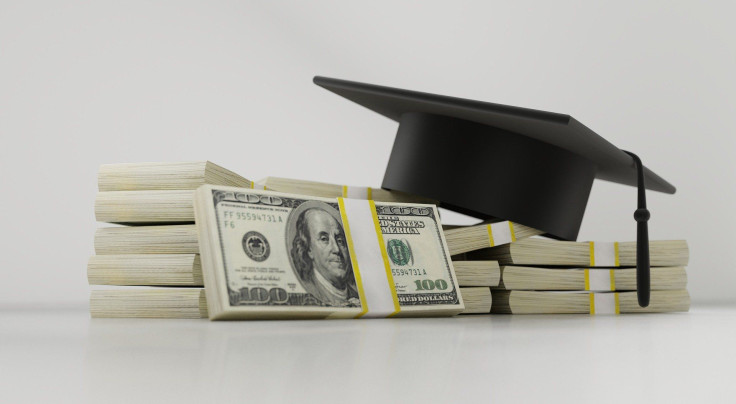Student Loan Forgiveness Won't Come Cheap For Borrowers In Certain States
Borrowers rejoiced following news that President Joe Biden was planning to live up to a campaign promise of canceling up to $10,000 of student loan debt for all holders of federal loans in August, but for those who live in certain states, that aid won't come without some extra strings attached.
According to the Washington Post, several states either already have plans or are considering ones that will put state taxes on federal student loan forgiveness. Whether or not states will do so is based on Internal Revenue Code conformity, the degree to which a state's tax code matches the federal one—some states conform to the entire federal code while others only adopt portions.
The states that do plan to levy taxes are Mississippi, North Carolina and Indiana, while Wisconsin, West Virginia, Minnesota, California and Arkansas are all still considering those decisions.
Virginia, New York and Pennsylvania are all not taxing the discharged debt, while Massachusetts, which hasn't made a final determination, is likely not to tax the forgiveness.
However, while some borrowers may be forced to pay taxes on the forgiveness, the amounts they pay will be significantly smaller than the amounts that are being forgiven. In the case of Indiana, which has a state tax rate of 3.23%, those who have $10,000 forgiven will pay $323, while those that get $20,000 forgiven if they received Pell Grants will be on the hook for $646. In North Carolina, where the state tax rate is 4.99%, those numbers go up to $499 and $998, while Mississippi's 5% rate means $500 or $1,000 in taxes.
Should they choose to tax the forgiveness, Arkansas residents (5.5% tax rate) would be paying $550 or $1,100 depending on the amount of debt forgiven, while those in West Virginia would be billed either $650 or $1,300 because of a 6.5% tax rate. Wisconsin's 7.65% tax rate would mean either $765 or $1,530 in taxes. In Minnesota, where the rate is 9.85%, that number balloons to either $985 or $1,970.
California, which has the highest tax rate in the country at 13.3%, would be charging those who received the forgiveness $1,330 for $10k and $2,660 for $20k.

© Copyright IBTimes 2025. All rights reserved.





















